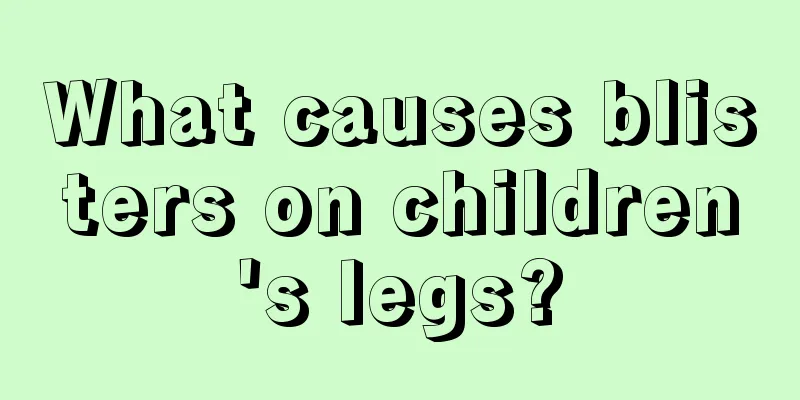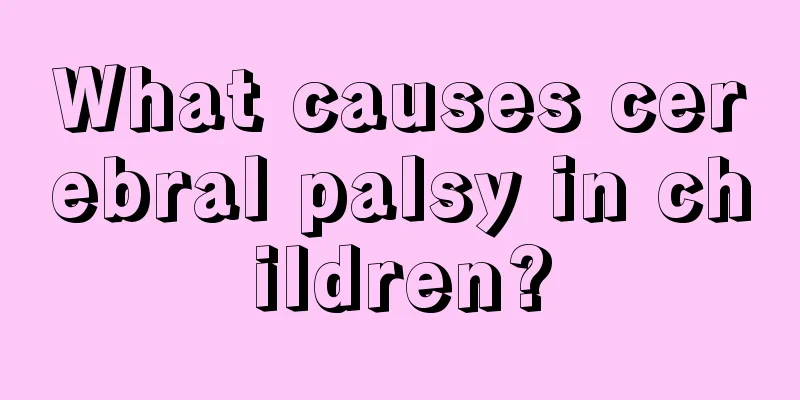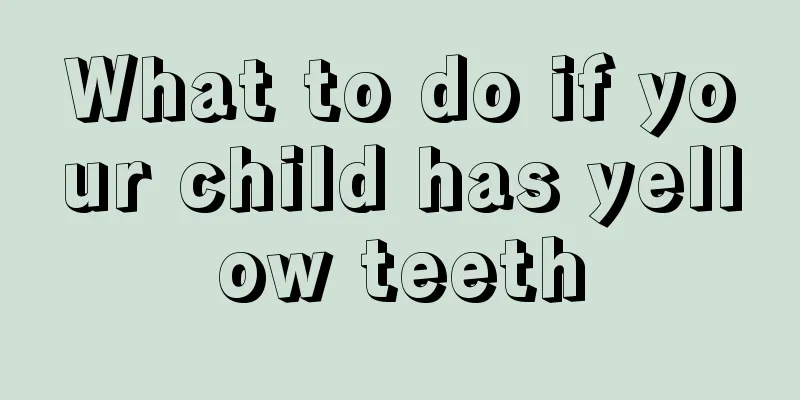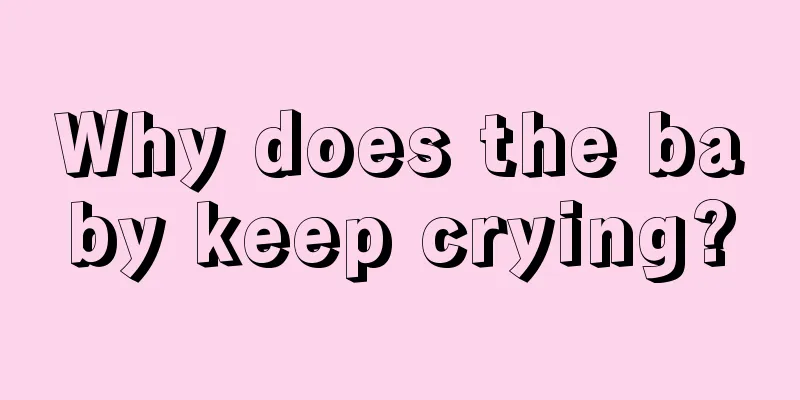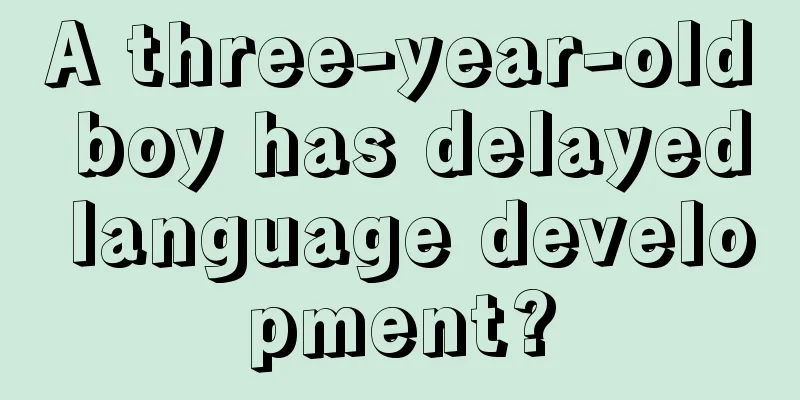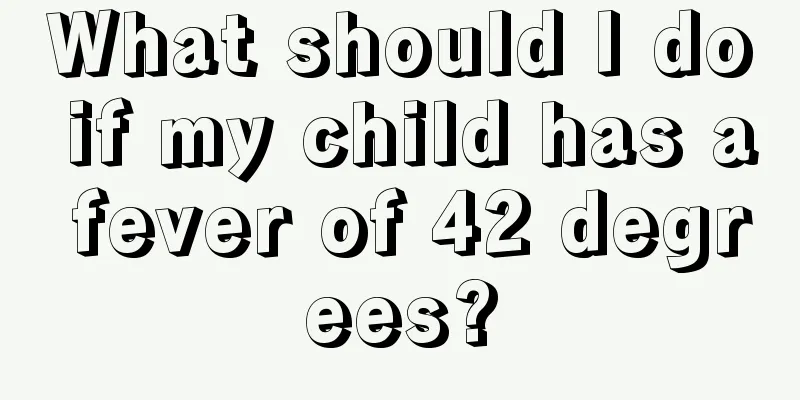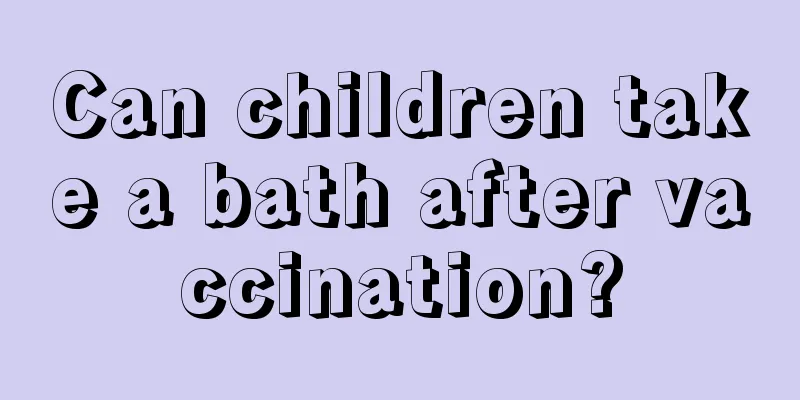ADHD
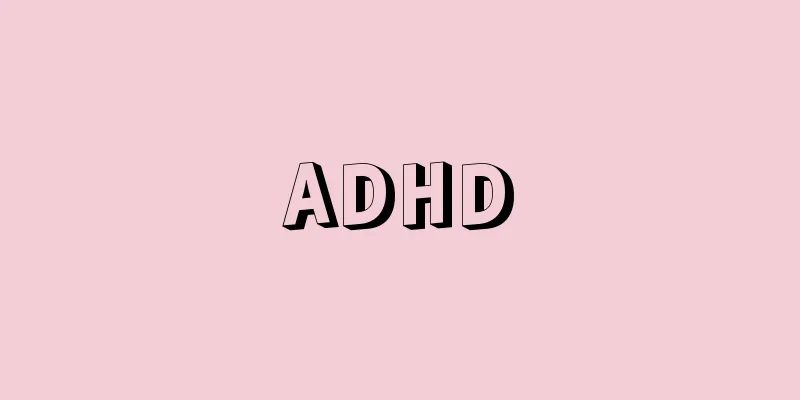
|
ADHD is a disease that occurs more frequently in children. Generally speaking, children with ADHD are unable to concentrate, so their academic performance is also low. However, many parents, if they find that their children are very lively and active, cannot simply assume that their children suffer from ADHD. Because children are in the stage of exploring the world, it is normal for them to be lively and active. But is ADHD a mental illness? Is ADHD a mental illness? Attention deficit hyperactivity disorder (ADHD), known as ADHD in my country, is a common psychological disorder in children and is not a so-called mental illness. The symptoms of ADHD include inattention and short attention span, hyperactivity and impulsivity that are disproportionate to age and developmental level, often accompanied by learning difficulties, conduct disorders and maladjustment. Domestic and foreign surveys have found that the prevalence rate is 3% to 7%, with a male to female ratio of 4 to 9:1. Some children still have symptoms after they grow up, which significantly affects their academic performance, physical and mental health, as well as their family life and social abilities after they grow up. Structural magnetic resonance imaging (MRI) revealed abnormal development of the patient's frontal lobe and asymmetry of the rostral end of the bilateral caudate nucleus. Functional MRI also found that ADHD patients have brain function defects, such as hypofunction of the frontal lobe and abnormal activation of functions in the frontal lobe, especially the prefrontal lobe, basal ganglia, anterior cingulate cortex, cerebellum and other parts. Why does ADHD occur? Prenatal, perinatal, and postnatal factors. Risk factors associated with pregnancy and childbirth include smoking and drinking by mothers of ADHD patients, premature birth, postpartum hypoxic-ischemic encephalopathy, and thyroid dysfunction. Childhood illnesses that have been linked to the development of ADHD include viral infections, meningitis, encephalitis, head injuries, epilepsy, toxins, and drugs. More controversial factors include malnutrition, diet-related allergies, excessive intake of beverages or foods containing food additives, iron deficiency in children, elevated blood lead levels, and decreased blood zinc levels, which are associated with the development of ADHD, but the evidence is currently insufficient. Can ADHD be cured? 1. Develop children's attention. The child's unintentional attention is dominant, so you can let him engage in activities that interest him, such as looking at picture books and listening to stories. As the child grows older, you can consciously let him play chess, draw, etc. to train his concentration and persistence. However, children should not be asked to study or do things for too long to avoid causing fatigue. 2. Cultivate children's habit of starting and ending things well. When children are doing things, they are often easily disturbed by external things, such as other people's conversations, noises outside the window, etc., which will cause children to give up what they are doing. Therefore, parents should pay more attention to and guide their children in doing things, give them affirmation and praise, and encourage them to do everything well from beginning to end, and persist in doing everything to the end without giving up halfway. 3. Cultivate children's self-control. We need to improve children's awareness, let them know what to do and what not to do, and help them gradually learn to correctly judge and evaluate their own behavior; we need to formulate some simple rules and regulations as children's behavioral norms, so that children can restrain their own behavior and develop good behavioral habits. 4. Direct and direct excess energy. Children who engage in too much of this type of activity need positive guidance. Parents and teachers should organize them to participate in various sports activities, such as running, playing ball, climbing, long jumping, etc., so that their excess energy can be released. However, when arranging activities for them, attention should be paid to safety and danger should be avoided. 5. Take your child to the hospital and ask the doctor for psychological treatment. Finally, it should be pointed out that correcting and treating children's ADHD is a long process, which requires patient education, guidance and correction. Do not use rough means such as beating and scolding. Otherwise, not only will the purpose of correction fail to be achieved, but it may also aggravate the condition and affect the child's physical and mental health. |
Recommend
What to do if a newborn has a umbilical cord infection?
Babies in their early childhood have very poor im...
What should I do if my baby has a heavy tongue coating?
Many babies have the problem of thick tongue coat...
What is the reason for the child's neck being black?
For many people, skin color is innate, but extern...
Reasons why your baby is wheezing
There is always a wheezing sound when the baby br...
What to do if your child always coughs in the middle of the night
Every parent hopes that their baby can grow up he...
What causes hunchback in children?
The problem of hunchback in children is a concern...
The cause of polio is actually like this
Polio is one of the diseases with a relatively hi...
Is it good for babies to sleep during the day?
I believe that many mothers will have some troubl...
Can scarlet fever heal on its own?
It is not uncommon for children to develop scarle...
Why do babies sleep with their eyes open?
It is definitely a great joyous event for every f...
What to do if a child has a fever
What to do when a child has a fever? This is a pr...
What should I do if my child has repeated colds and coughs?
Many parents must have had this experience: their...
What are the symptoms of baby fever
Food fever mainly refers to fever caused by food ...
Clinical features of juvenile Parkinson's disease
What are the clinical features of juvenile Parkin...
The benefits of eating chocolate for 2-year-old babies
Chocolate is a common food in our daily life. The...
